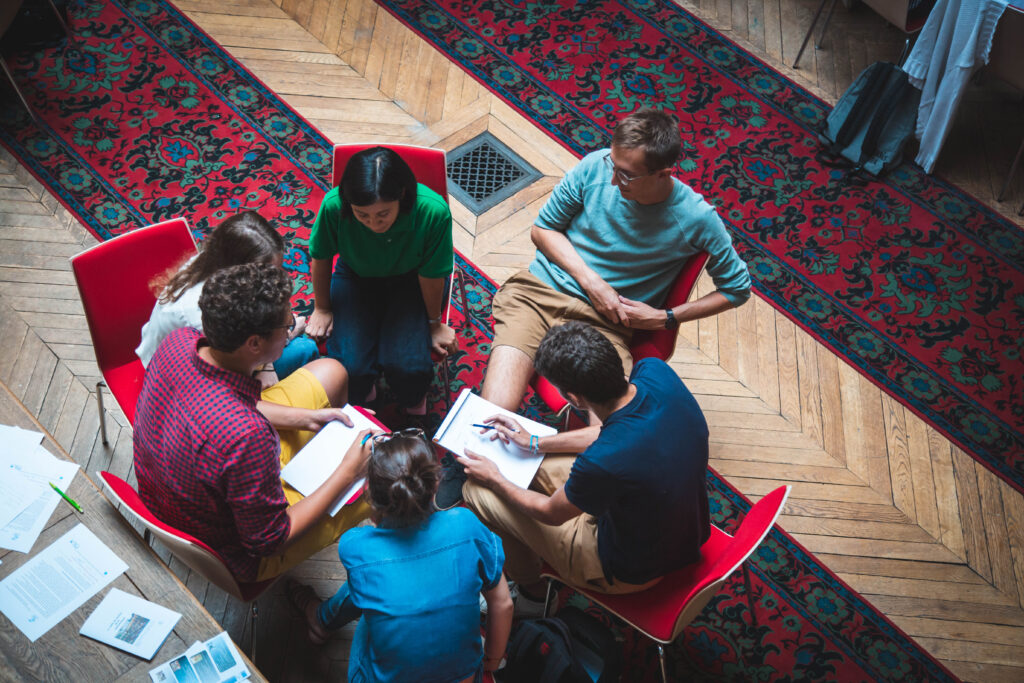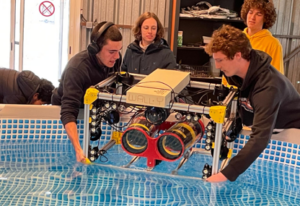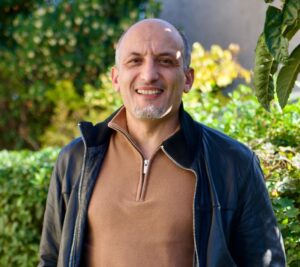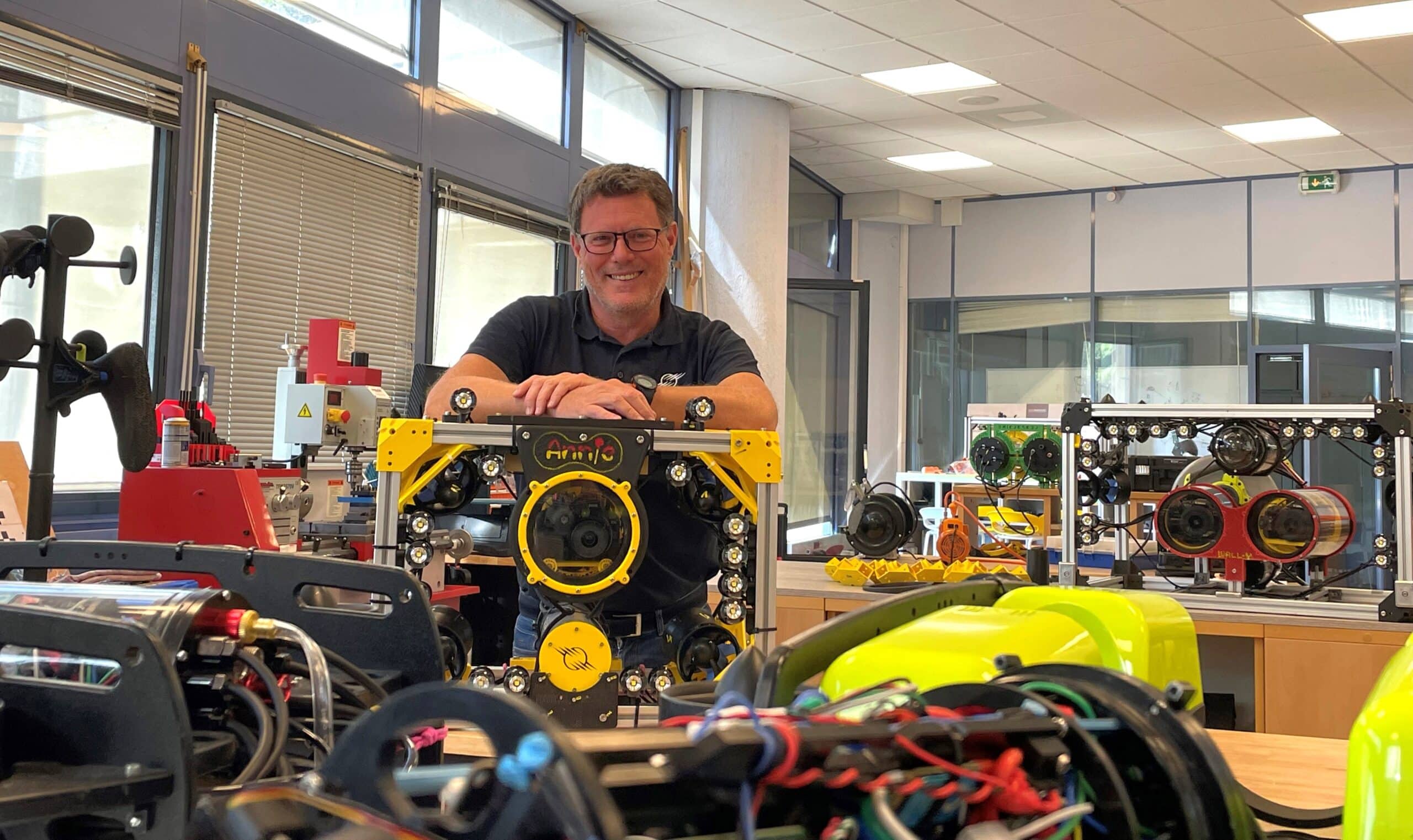MIG (Métiers de l’Ingénieur Généraliste): 3 questions to Yazid Madi on this course at the heart of the industrial challenges of the future.


MIGs embody the School’s innovative approach to teaching. Students are immersed in the challenges of the industry of the future, combining theory and practice. Working in teams, they learn to analyze cross-functional issues and envisage solutions that have an impact in real-life contexts. Each project leads them to understand technical, economic and societal constraints in an interdisciplinary approach that reflects the professional realities of the generalist engineer. They also take part in company visits, conferences with experts and laboratory work, enriching their understanding of modern industry.
The aim of the MIG program is to turn students into enlightened engineers, capable of tackling complex problems with rigorous method. The program also prepares them to collaborate within multidisciplinary groups, to adopt an applied scientific approach, and to manage a project in its entirety. By the end of this teaching unit, they will have developed skills in project management, communication and critical analysis, and will have acquired an in-depth vision of their future profession.

MIG Ocean 2023: engineering problems in underwater robotics
The themes of the MIGs are chosen each year on the basis of current developments and needs in industry and society. Each MIG is supervised by coordinators from one of our 18 laboratories, spread across our 5 teaching and research departments. These departments cover the five major themes and issues of the future supported by the École.
To find out more about this emblematic teaching unit, Yazid Madi, Head of MIG, answers our questions on the ambitions and importance of this training program.

MIGs are at the heart of the training of general engineers at Mines Paris – PSL, as they prepare students to navigate the complex issues of the industry of the future by confronting them with real challenges such as energy transition, resource management, materials life cycle analysis, data sciences, health engineering and many others. This innovative program, located at the beginning of the cycle, enables them to move from theoretical learning, acquired in preparatory classes, to immersion in concrete projects, where they work in teams to solve technical, economic and societal problems. What sets MIG apart from other courses is this combination of theory and practice, enriched by collaborations with research laboratories and companies. What’s more, the importance attached to reporting and communicating their work makes MIG a complete training program: each group must produce a report and present its findings at an oral defense before a jury including journalists, making popularization essential to their approach.
MIG projects, as presented in the MIG brochure, confront students with complex and varied challenges, including the MIG R-Sources project on the rational exploitation of lithium in the Allier region and the MIG Santé project on innovation in medical devices. These examples illustrate how students need to develop a technical, environmental and societal approach to the contemporary issues addressed in this program.
In MIG R-Sources, students not only have to deal with the technical aspects of mining a strategic resource, but also manage sensitive environmental and social issues. The project requires them to study the mechanical stability and profitability of the operation, taking into account local geology and economic market conditions. At the same time, they have to take account of environmental and societal concerns, devising respectful and sustainable practices in the face of strong local opposition. This project highlights the need for students to reconcile the imperatives of the energy transition with responsible and transparent mining practices.
The Health MIG, meanwhile, exposes students to the challenges of personalization and innovation in the medical sector. They are required to use advanced technologies, such as artificial intelligence and rapid prototyping, to develop customized solutions, while respecting cost and time constraints. This project requires skills in precision engineering and biotechnology, as well as in communication and project management, as the medical devices must be easy to use and adaptable to the varied needs of caregivers. The complexity here lies in the students’ ability to innovate while making their solutions accessible and effective.
In short, these projects illustrate the main challenges of MIG: understanding and integrating multidimensional issues, mobilizing scientific and technical skills to design applicable solutions, and mastering the restitution of results for diverse stakeholders. In a world of constant technological change, society needs engineers capable of solving complex, multidisciplinary problems. MIGs are designed to instill this generalist approach, developing essential skills such as team-based problem-solving, open and multidisciplinary analysis, and rigorous scientific approach.
MIG offers students a first immersion in the reality of the engineering profession, enabling them to develop essential skills such as project management, teamwork and communication. By working on concrete projects with links to industry and the research centers of Mines Paris, they acquire a practical vision of the major challenges of their future profession, and develop rigor in analyzing and solving open-ended problems. Preparing for the collective report and oral defense before a jury helps them perfect their scientific communication skills, by learning how to present and popularize their work for a non-specialist audience. In addition, interaction with researchers and industrial partners enables them to build up a professional network, while integrating the technical and human skills essential to their careers.

À Sophia Antipolis, sur le campus Pierre Laffitte, Mines Paris pour l’Océan a pour objectif de former les élèves du cycle Ingénieur Civil des Mines de...